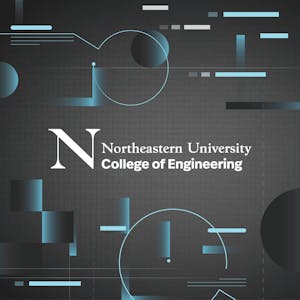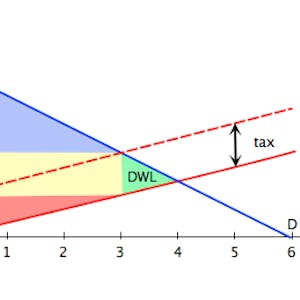Life Cycle Assessment
About this Course
This course will introduce you to Life Cycle Assessment (LCA ) methodology, a tool to assess the environmental impact of products and systems over the whole product life cycle, from cradle to grave. After a discussion of the potentials and limitations of quantitative LCA compared to other assessment tools, we will detail and practice each of the LCA phases. 1) The goals and system definition phase defines the goal and scope of the study, including the product function, functional unit, and the product system and its boundaries. 2) The Life Cycle Inventory phase quantifies the inventory of the various elementary flows of resource extractions and substance emissions crossing the system boundary, providing an overview of existing databases. 3) The life cycle impact assessment (LCIA) phase determines multiple environmental impacts damage and provides an overview of the existing LCIA methods 4) The interpretation phase analyses results from an LCA case study to provide recommendations towards more sustainable products. Leading actions in several industrial sectors (agriculture and foods, automotive, personal care products, and energy) will be examined through relevant case studies in order to demonstrate how effective environmental life-cycle assessment leads to new product development.Created by: University of Michigan

Related Online Courses
Gain a foundational understanding of key terms and concepts in public administration and public policy while learning foundational programming techniques using the R programming language. You will... more
This course is an introduction to the Java programming language and the concepts of object-oriented design. It not only covers the fundamentals of programming in Java, but it also brings in the... more
In this course, you will learn about industry trends in robotics, the evolution to next-generation robots that take advantage of the cloud, and how Amazon Web Services (AWS) can address common... more
This specialization is designed to be an introduction to additive manufacturing (AM) with exposure to six different AM processes. The field of AM can be broadly divided into three elements:... more
Perfect markets achieve efficiency: maximizing total surplus generated. But real markets are imperfect. In this course we will explore a set of market imperfections to understand why they fail and... more








